In an ideal world, we would not face another pandemic. But diseases spread rapidly in today’s interconnected world, so it’s only a matter of time before the next global health crisis occurs. The unexpected arrival of COVID-19 in early 2020 caught the world off guard. So, what can we learn from this experience to better prepare for the next pandemic? Let’s explore practical steps you can take to strengthen your defenses and bounce back from future unknown threats. From stocking up emergency supplies to showing empathy and compassion, there are proactive measures we can adopt to reduce the impact of future outbreaks and protect lives.
1. Stock Up on Emergency Supplies
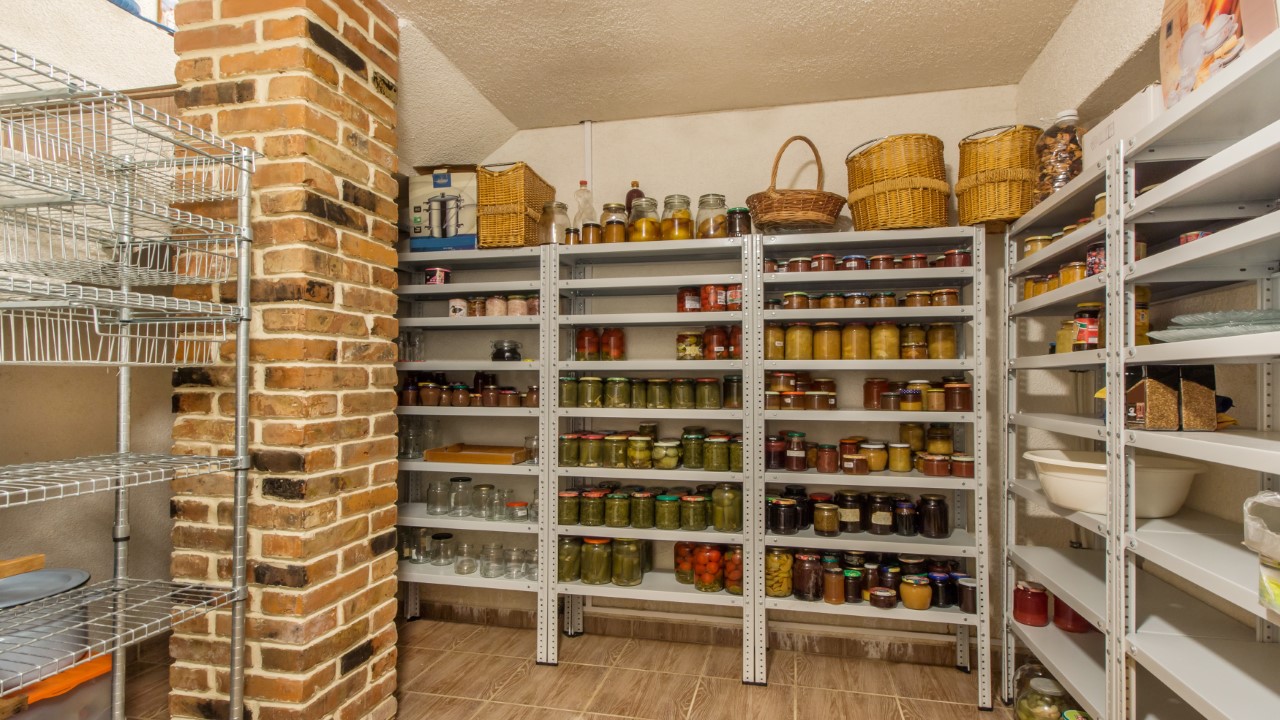
During the pandemic, we all realized the importance of having enough emergency supplies. When stores ran out and supply chains faced challenges, people scrambled to get essentials like food, water, and medication. To avoid being caught off guard, ensure you have a well-stocked emergency kit at home with non-perishable food, water, first aid, prescriptions, and hygiene products.
2. Preserve Food
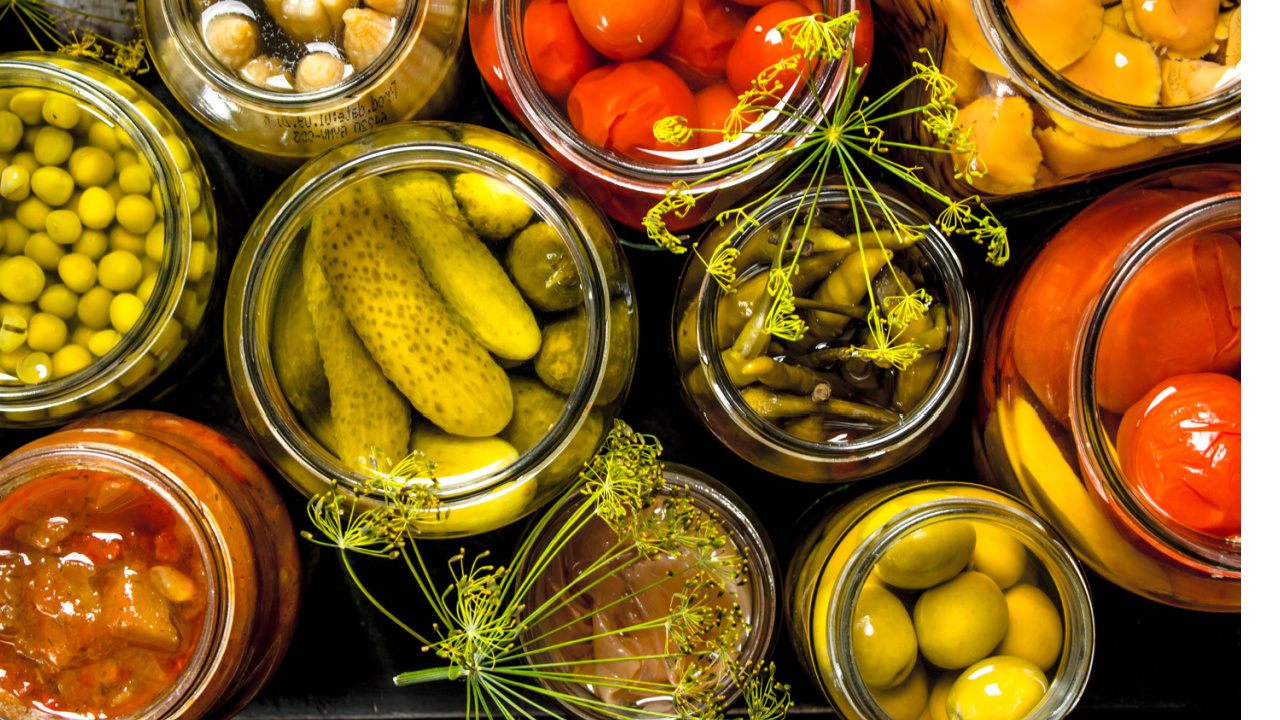
Food supplies can become scarce during a pandemic, and prices may rise. To ensure an adequate and sustainable food source for you and your family, consider food preservation techniques such as canning or dehydrating. Additionally, you should stock up on non-perishables that can last you in an extended crisis.
3. Learn Basic Nursing Care

Why not learn some basic nursing care skills before the next pandemic hits? That way, you can help keep yourself and your loved ones safe, even when hospitals are overwhelmed. Learning skills like first aid, giving medication, and recognizing symptoms will reduce stress and make sure you’re ready for anything.
4. Create a Pandemic Survival Kit

To ensure your and your family’s safety and well-being, a well-prepared pandemic survival kit must have essential items to help you stay protected and maintain good health. Some crucial items you should include in your survival kit are face masks, hand sanitizer, gloves, disinfectant wipes, and other items vital for maintaining personal hygiene while minimizing the risk of contamination.
5. Save Money in an Emergency Fund

During a pandemic, it’s crucial to have financial stability and security. Start saving for an emergency fund to support you and your family during tough times. This fund can help cover essential expenses like food, rent or mortgage, medical bills, and other necessities. Additionally, you should make it a point to keep some cash on hand if you cannot get to the bank or ATM.
6. Be More Self-Reliant

It’s important to be self-reliant and not solely rely on outside help, especially during a pandemic. Being self-sufficient can give you peace of mind and save you from having to venture out for unnecessary items. Learn the basics for repairing things, building makeshift shelters, fires, and sourcing water.
7. Stay Informed

Stay informed by following reliable news sources that will alert you of the possibility of a pandemic. Take note of any updates or changes in guidelines from health organizations and government officials. Being informed can help you prepare and adapt to changes during a pandemic.
8. Monitor Risks
 It is crucial to be mindful of the potential risks that can lead to a pandemic, particularly when traveling to areas that are considered high-risk in terms of disease transmission and outbreak. By staying informed and taking necessary precautions, we can contribute to minimizing the spread of infectious diseases and safeguarding public health globally.
It is crucial to be mindful of the potential risks that can lead to a pandemic, particularly when traveling to areas that are considered high-risk in terms of disease transmission and outbreak. By staying informed and taking necessary precautions, we can contribute to minimizing the spread of infectious diseases and safeguarding public health globally.
9. Update Insurance

Amidst the COVID-19 pandemic, numerous individuals discovered that their insurance coverage fell short regarding the necessary hospitalization and care, resulting in unforeseen medical expenses. It is crucial to reevaluate your insurance policy to ensure adequate coverage, especially in the event of an extended hospital stay during future pandemics.
10. Grow Your Own Food
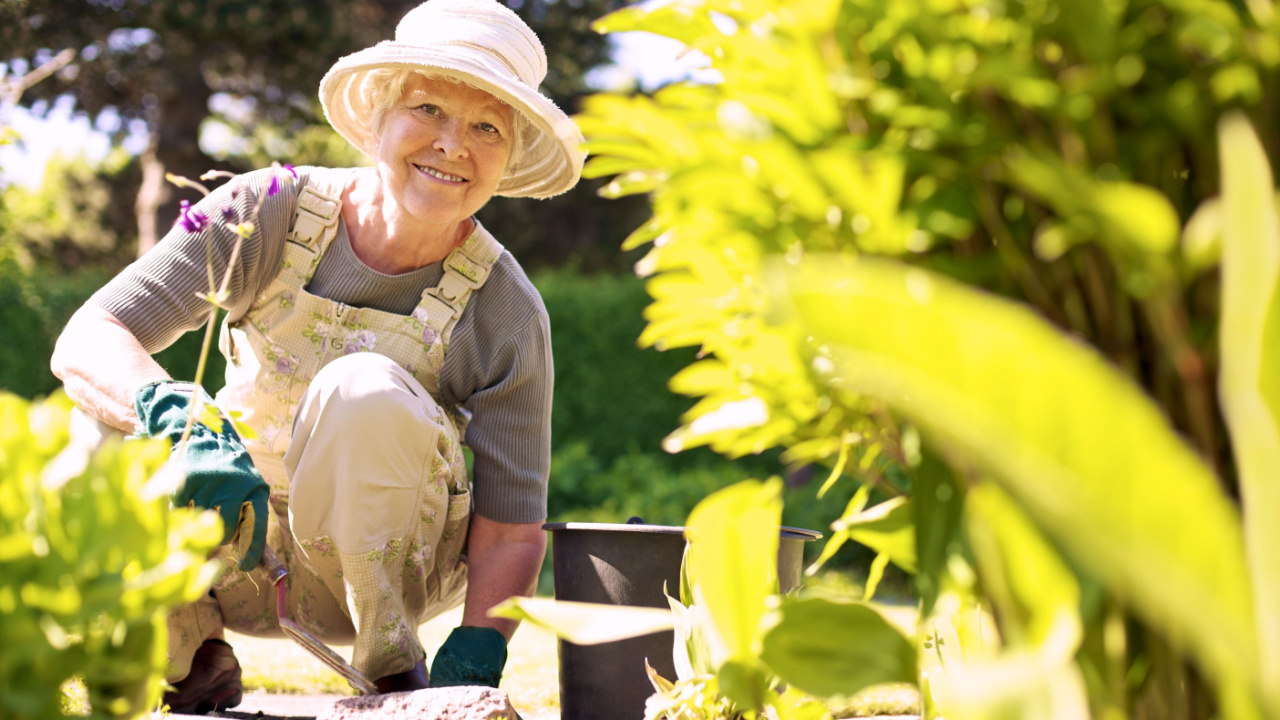
The COVID-19 pandemic has brought to light the vulnerability of our food supply chain. As production and distribution faced significant disruptions, numerous individuals encountered challenges obtaining fresh produce and essential groceries. Consider starting a garden or growing your own food for a reliable source of nourishment during future crises. If you cannot grow a garden, find local farms now so you have a place to go and get food should you need it.
11. Make Education a Priority

If schools are closed for an extended period in a future pandemic, it is essential to have a plan to continue your children’s education. This may involve homeschooling, using online learning platforms, or setting up a designated study area at home now to prevent your child from lagging in their studies.
12. Join Community Groups

Joining local groups or online communities can provide much-needed social connection and assistance that will be invaluable during difficult times. By taking these steps now, you can better prepare yourself and your family for any future pandemics or disasters that may come our way. Additionally, you can make connections with people who may have skills or knowledge that you lack. Should you need assistance in the future, you now have someone to contact.
13. Practice Empathy Now

In times of crisis, showing empathy and understanding towards others is essential. This includes checking in on friends and family, offering support or assistance if possible, and being mindful of the struggles that others may be facing. By practicing empathy now, we can create a stronger community and support system for each other during difficult times.
14. Be Aware of Zoonotic Pathogens

Zoonotic pathogens are illnesses that can pass from animals to humans. The ongoing COVID-19 pandemic has shown that these diseases can seriously affect our well-being and economy. It’s important to stay informed about potential risks and take precautions when interacting with animals or their habitats. Ensure you thoroughly wash your hands after coming into contact with animals to limit the spread of any disease.
15. Stay Healthy with Proper Nutrition and Exercise
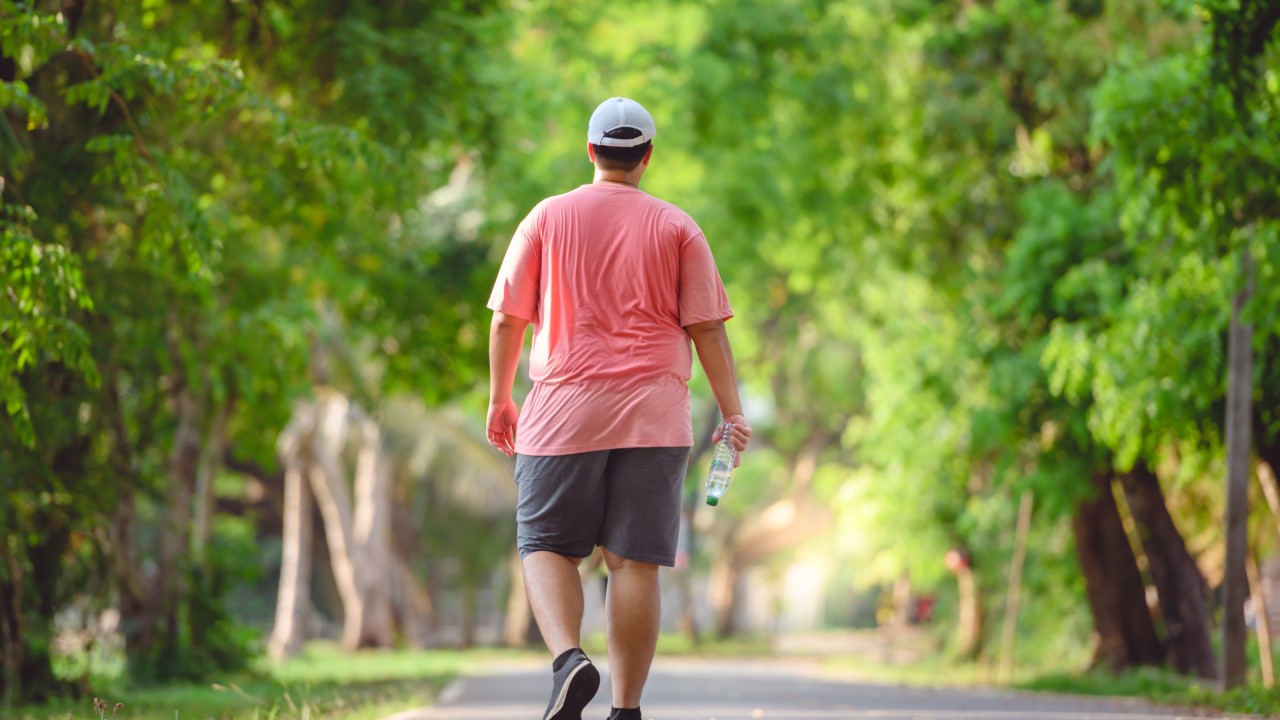
A robust immune system is critical in fighting off any disease, and maintaining a healthy weight can also help prevent chronic health conditions that might make you more vulnerable to diseases. So ensure you fuel your body with nutritious foods and stay active to keep your immune system in shape.
16. Support Local Businesses
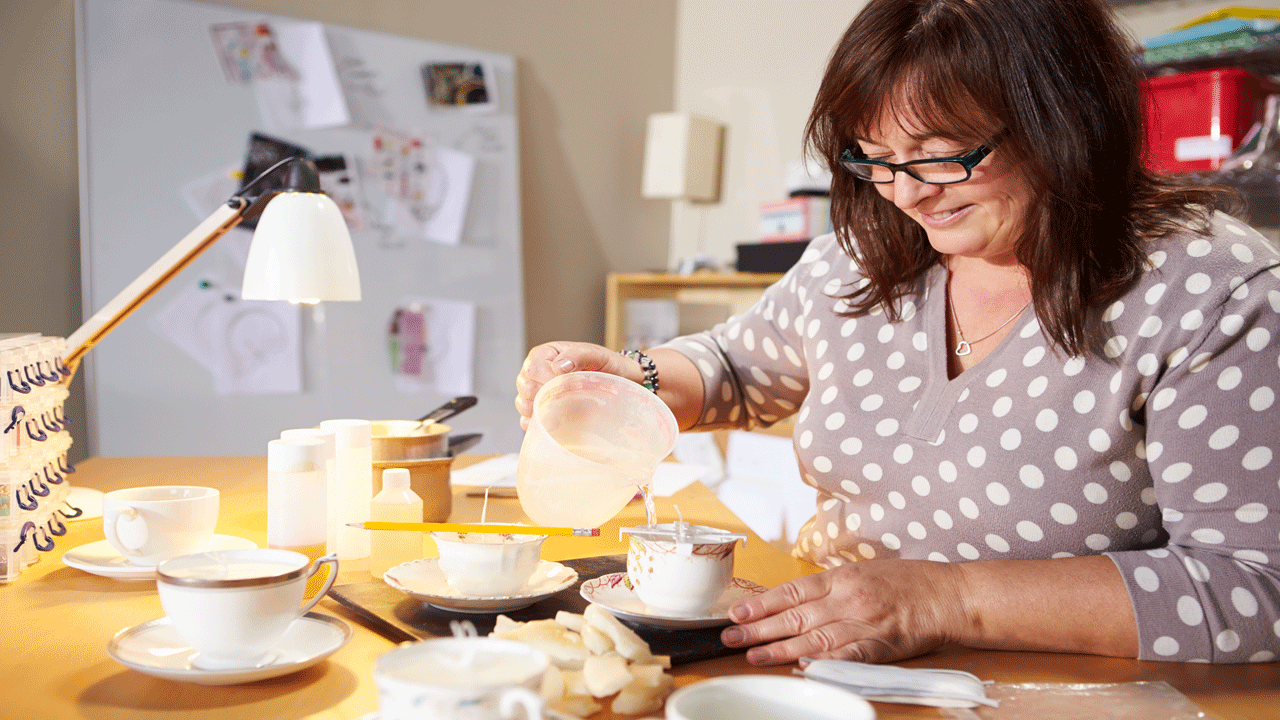
During a pandemic, small businesses often take a hard hit, and by supporting your local businesses now, you can help ensure they survive future crises. Grab some gift cards, order takeout from your favorite restaurants, or shop at local stores instead of big chains.
17. Consider an Alternative Water Source
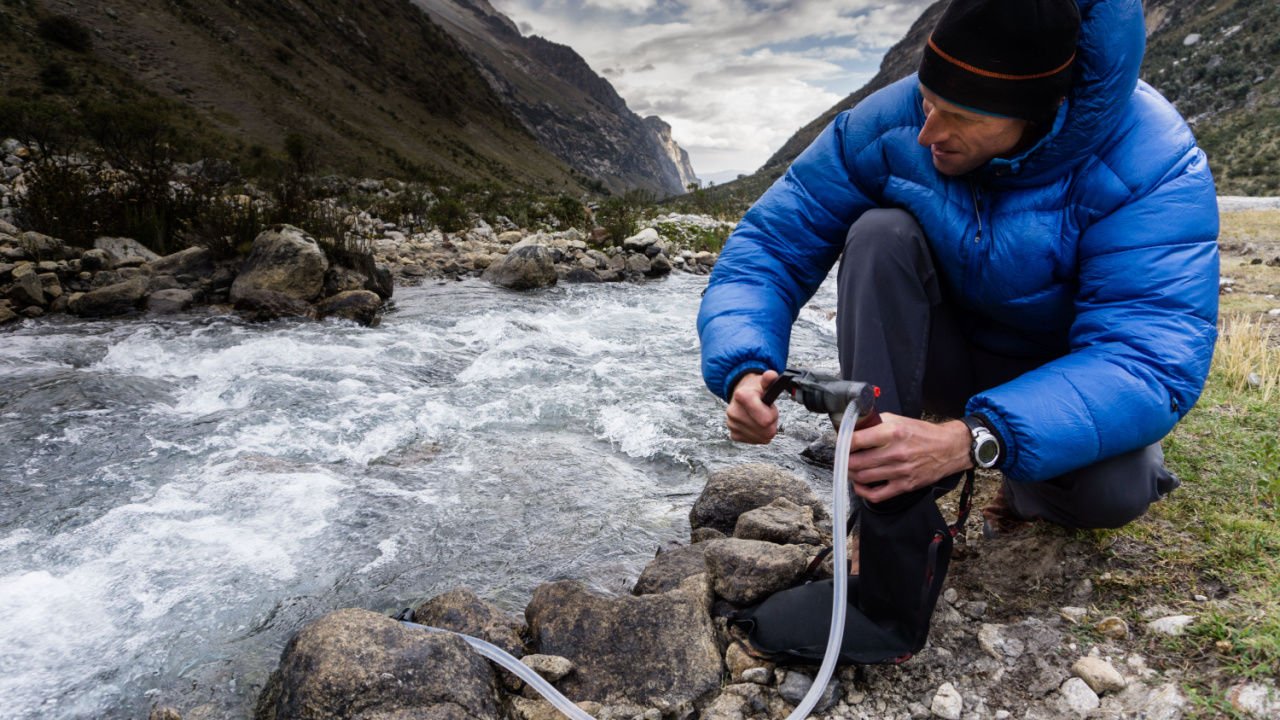
If you buy your drinking water, consider investing in an alternative water source, such as a well or a water purification system for your tap water. Another option is to stock up on bottles of water. Moreover, during times of crisis when access to clean water may be limited, having an alternative source can provide much-needed peace of mind.
18. Keep Extra Medications on Hand

Having enough essential medications on hand is important during lockdowns or restricted pharmacy access. Talk to your doctor about getting an extra emergency prescription and learn how to store and dispose of medications properly. With that said, you mustn’t overstock your supplies as medicines have a shelf life, and if you go overboard, you will be wasting money on medication you never use.
19. Make Cleanliness a Habit

During a pandemic, cleanliness is essential, but if you start making cleanliness a habit, you can be ready if a pandemic hits. Start by paying attention to doorknobs, light switches, and countertops by disinfecting high-touch surfaces daily. Additionally, frequent handwashing is crucial for personal hygiene.
20. Review Your Covid-19 Response Plan

If you had a response plan during the pandemic, take some time to reflect on what worked well and where there could be room for improvement. This will help you better prepare for any future pandemics or emergencies. Consider updating your plan with new information and procedures as needed.
21. Stay Mentally Fit

During a pandemic, our mental health inevitably suffers. Prolonged isolation and uncertainty can easily lead to feelings of overwhelm and anxiety. However, by prioritizing your mental well-being, you can better navigate the challenges during these difficult times. Take care of your mental health today to build resilience for whatever comes your way.
14 Essential Canned Goods for Your Emergency Pantry
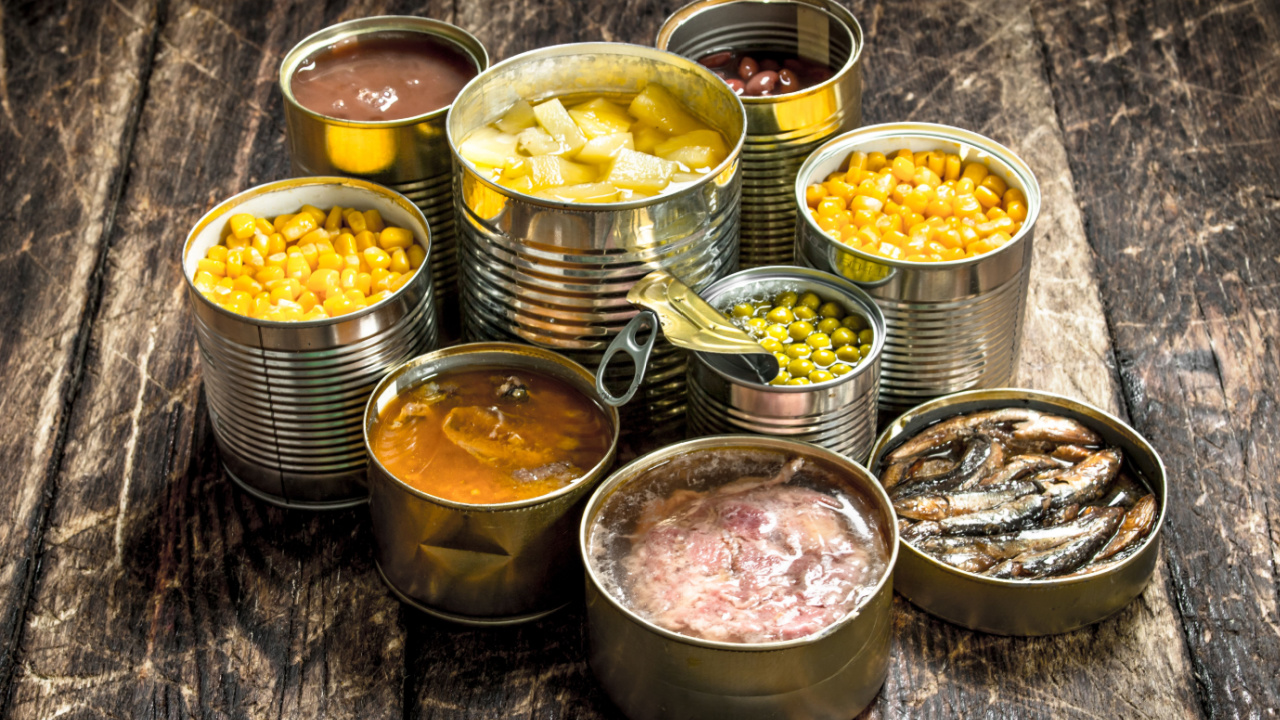
I firmly believe in keeping a well-stocked emergency pantry. While fresh food is ideal, in a survival situation, we may not be that lucky. So, for my family, even though we grow a lot of our own food, canned goods play a crucial role in emergency preparedness. They offer a reliable source of nutrition when access to fresh produce may be limited. The goods you stockpile should be affordable, easy to store, and full of nutrition.
20 Crucial Supplies for Surviving a Societal Collapse

In the face of uncertainty, being well-prepared gives you at least some degree of control and security. The thought of a societal collapse, while extreme, prompts us to consider how we might endure without the conveniences of our current lifestyle. Here’s a list of 20 essential items that could prove indispensable in such a scenario. This guide isn’t about succumbing to fear but embracing preparedness and resilience.
Best Regions in the U.S. to Escape to When Society Collapses

Choosing a refuge in the event of societal collapse involves weighing the pros and cons of each location against your personal preparedness goals and abilities. Whether you’re drawn to the solitude of the desert or the protective heights of the mountains, the key is finding a place that offers safety and the opportunity for growth and renewal.
